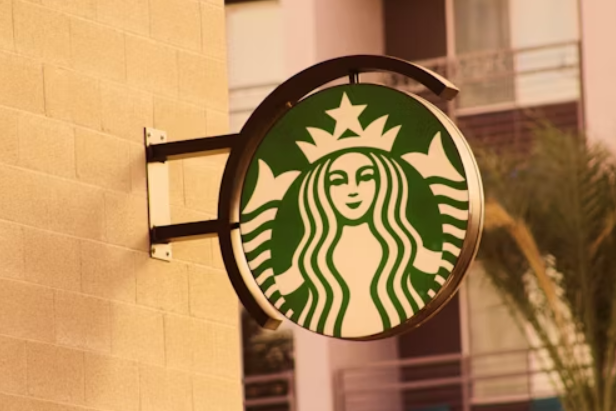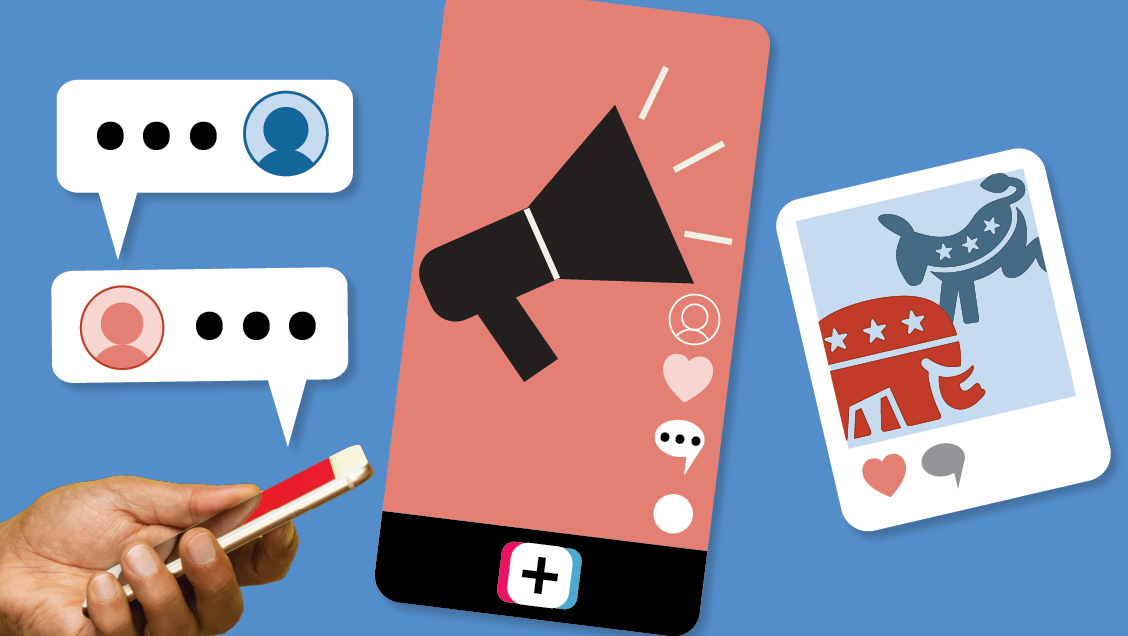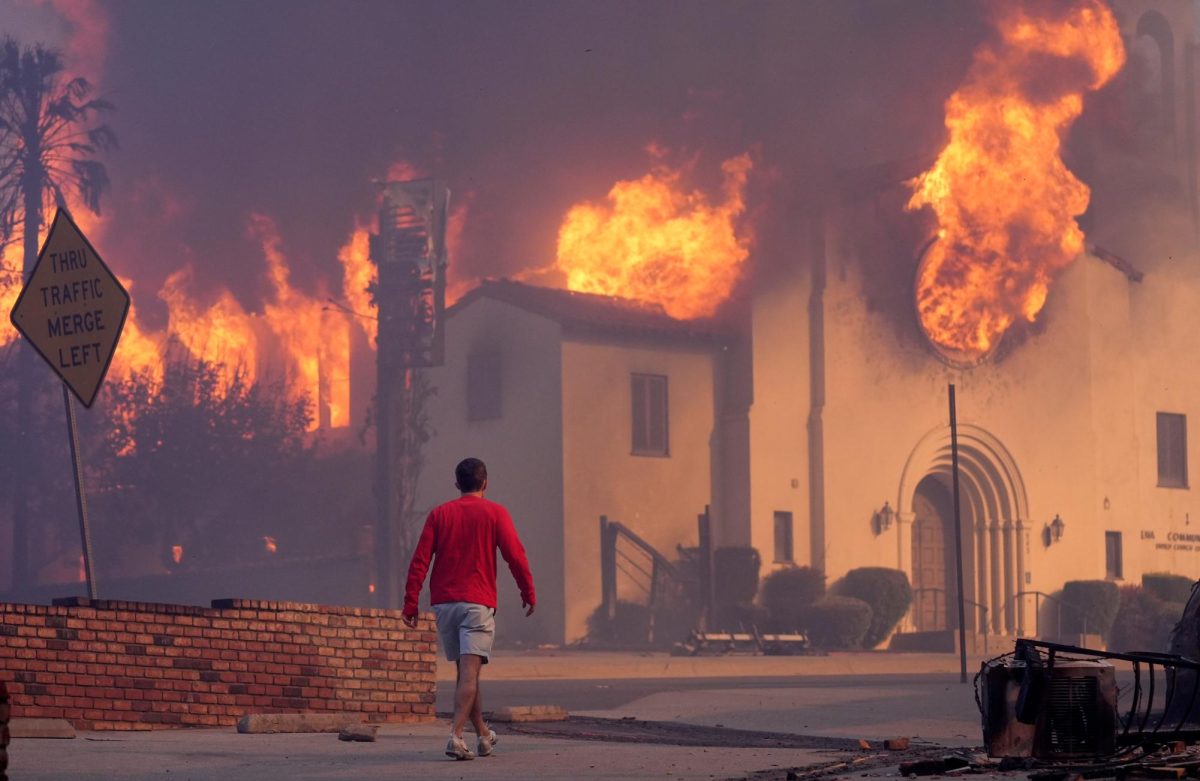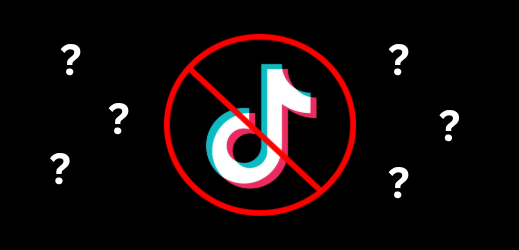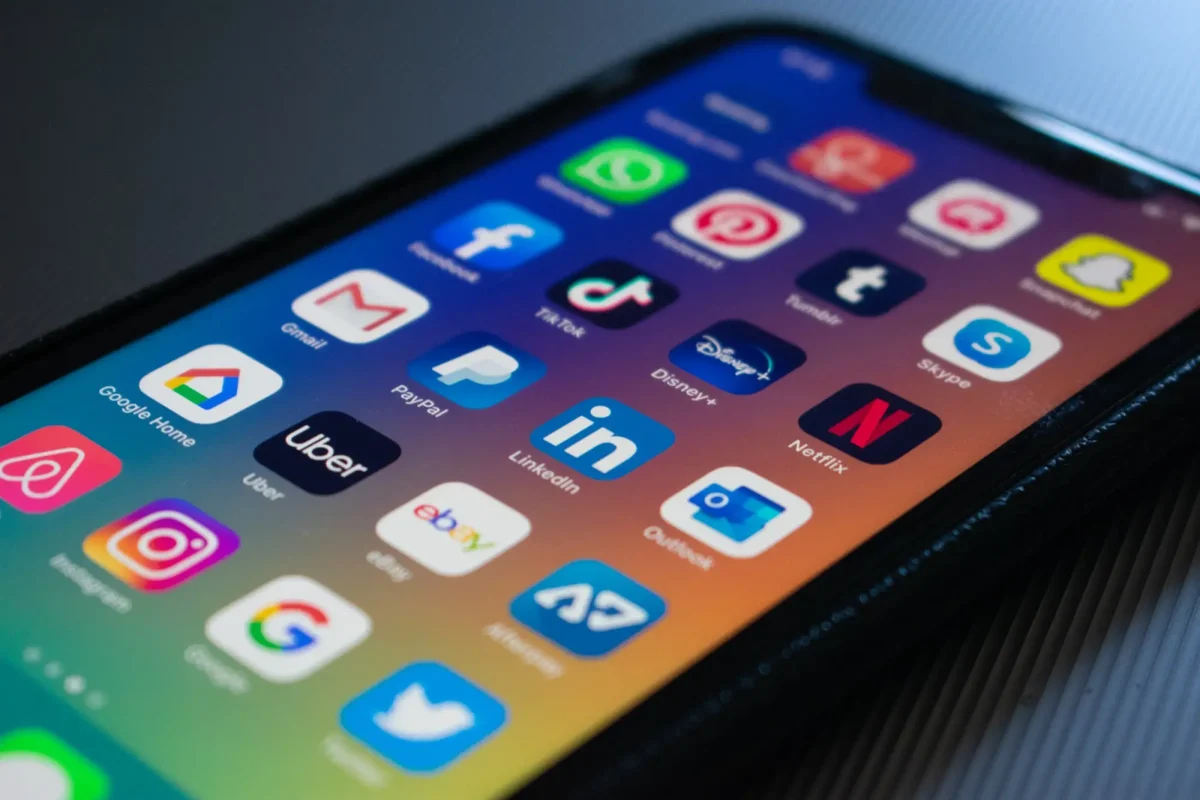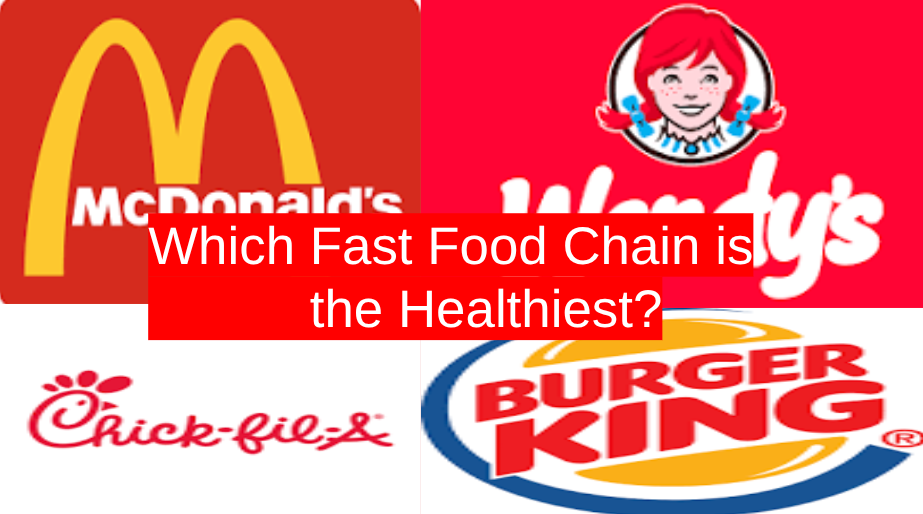Imagine if your school suddenly locked the doors because teachers couldn’t agree with the principal on how to spend the budget. No homework, no classes, but also no sports, no clubs, no cafeteria food, and no paychecks for the staff. That’s basically what a government shutdown is. Except it happens to the United States.
A shutdown happens when Congress (the House and Senate) and the president can’t agree on how to fund the government. Federal workers either stop working or keep working without pay, national parks close, and even food safety inspections and research labs slow down. Everyday people feel the effects too: passports get delayed, student aid processing stalls, and military families worry about late paychecks.
So why is it happening now? The short answer: Congress didn’t pass a budget on time. Instead of approving long-term funding, lawmakers often use short-term bills called “continuing resolutions.” But this year, divisions have been deeper than usual.
Here’s where the politics come in: Republicans are split. Some want major spending cuts, especially to social programs, while others just want to keep things running smoothly. Democrats mostly argue that the government needs stable funding for education, healthcare, and infrastructure, and they say the constant threats of shutdown hurt ordinary Americans more than they fix the deficit.
Both parties like to blame each other, but shutdowns usually end with a temporary deal that doesn’t solve the bigger issue: how much money the government should spend, and on what.
A government shutdown doesn’t just stop parts of the federal government, it can slow or stop important education functions too. Since many federal education functions (beyond district student aid) support equity, oversight, and improvement work, those may be delayed or disrupted. As Education Week explains, “School funding could experience yet another setback this year if the federal government closes up shop,” showing how funding and support for schools could be disrupted during a shutdown.
For high school students it’s easy to tune out Washington drama, but government shutdowns aren’t just headlines. They affect the safety of our food and the speed of our mail, and even the aid money students rely on for college. In the end, shutdowns show what happens when political fights become so fierce that regular people pay the price.


